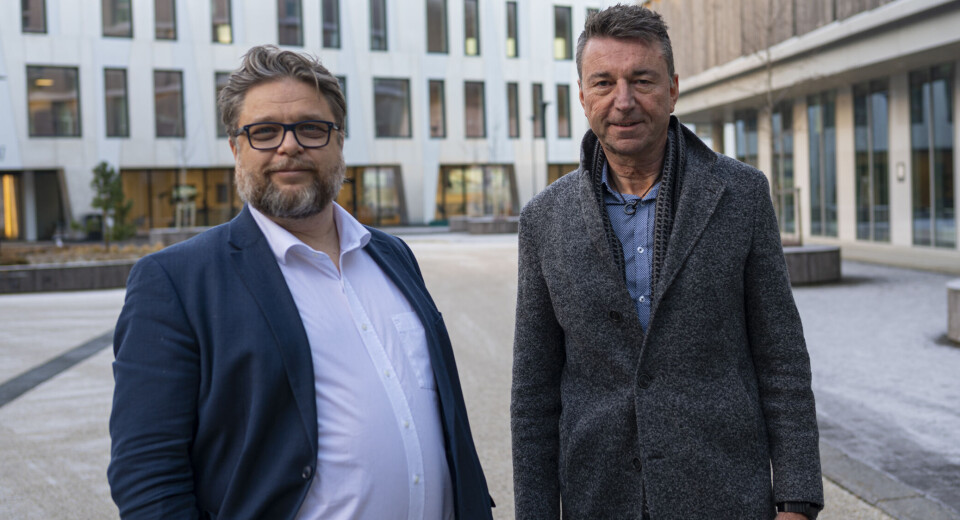
A 90,000-tonne salmon farm ... in a Scottish mountain
Norwegian company looking at Lewis and Shetland for underground land-based site
A Norwegian company is considering building a huge salmon farm within a hillside in Lewis, Scotland, the Stornoway Gazette has reported.
Norwegian Mountain Salmon (NMS), which also has plans for a 25,000-tonnes-per-year salmon farm in tunnels on the island of Utsira in Norway, envisages farming 90,000 tonnes of salmon annually at a proposed location at Mealista in the Uig area of Lewis.
The company’s chief executive Bård Hjelmen told the Gazette that there has been contact with the local authority and the privately-owned crofting estate over the past year.
Mealista is uninhabited but is under crofting tenure. The Gazette said that until this week there was no local awareness of the proposed £581 million development which could create up to 200 jobs.
'A very early stage'
According to the Gazette, the project envisages 224 fish tanks, each 22 metres wide, linked to seawater by a network of pipes.
Speaking to the Gazette on Wednesday, Hjelmen said the project was at a “very early stage” and that the company was also considering a site in Shetland.
He said that while the Mealista location presents challenges, the company had “warmed to it” in recent months and was encouraged to look for ways to make the project work. “It is a very good location with really good inlet water,” he said.
Huge boost to economy
Duncan Macinnes, secretary of the Western Isles Fishermen’s Association and depute leader of Comhairle nan Eilean Siar (Western Isles Council), told the Gazette that the project would be “transformational” and a huge boost to the island economy.
He said that the salmon farming industry is currently looking at how to expand to meet world-wide demand but at the same time “battling high mortality rates which are running at 22%”.
Macinnes added: “We have been asking them for some time to look at land-based solutions rather than going into deeper waters which are also good fishing grounds.”
Hjelmen said NMS would continue to seek advice on its proposal with a view to making a decision about location by the summer.
Hybrid system
According to an article in one of Fish Farming Expert’s Norwegian sister sites, Landbased AQ, in January last year, NMS is planning to use a hybrid recirculation and flow-through system in Norway that is similar to that used by above-ground land-based fish farmer Salmon Evolution.
Hjelmen is not going into the project without experience, and NMS has established a project team with expertise that includes several members of Dynabyte, a consulting company that specialises in large development projects with expertise in construction contracts, risk and uncertainty management, project and engineering management, construction management, plan and cost management, tunnelling, etc. Hjelman is a partner in Dynabyte.
External specialists
“In addition to the permanent project team, we also have external specialists attached to us,” he told Landbased AQ. “For example, we work closely with Artec Aqua, who have very good people. We aim to use much of the same technology that they have supplied to Salmon Evolution, but with the difference that our tanks are narrower.”
He added that building fish farms in tunnels in the mountains “is not that much more expensive than building them on open industrial sites”.
The tanks planned are 18 metres in diameter and 5m deep for fish in the first phase - from 90 up to 575 grams. These tanks will have a hybrid RAS/flow-though supply. The fish will then go into tanks with a diameter of 22m and a depth of 8m with a 100% flow-through supply. NMS plans to get the water for the Utsira farm from a depth of 40-50 metres.
Plans for Utsira were drawn up before the Norwegian government imposed a moratorium on permissions for new fish farms that draw in seawater as part of their operations. The moratorium, which has now lasted more than a year, is intended to enable the government to define whether such facilities should be treated like marine sites or land-based recirculating aquaculture systems (RAS).























































